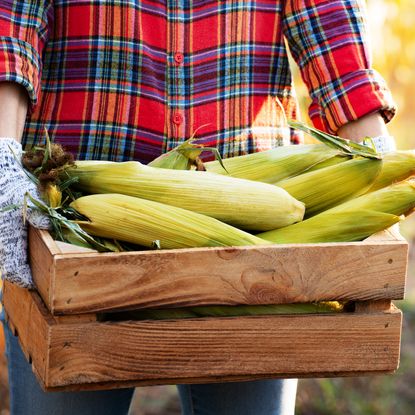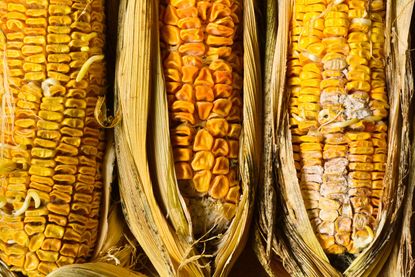Corn
Mmm, sweet corn on the cob. What a wonderful summer treat, especially when it’s home grown. The following information provides tips for growing corn of all kinds and how to care for corn so you can get the most of your harvest. Learn what corn needs to grow and how to tackle common corn problems and you will soon enjoy your own corn picked fresh from the garden.
-
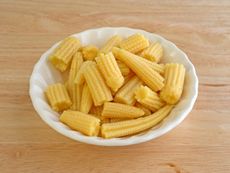
How To Grow Baby Corn In The Home Garden
Can you grow your own baby corn? Is it just young corn, or something else? Click here to learn all about this weird vegetable.
By Amy Grant
-
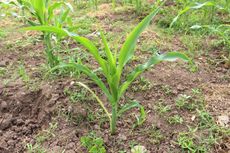
Corn Seedlings Are Dying – What To Do With A Sickly Sweet Corn Seedling
Growing your own sweet corn is a real treat in the summer. But, if you can't get your plants past the seedling stage, you'll get no harvest. There are some problems that can cause sickly sweet corn seedlings, and this article can help get you past them.
By Mary Ellen Ellis
-
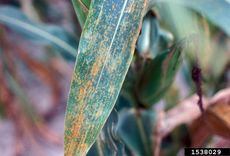
Sweet Corn Rust Treatment – Learn About Corn Rust Fungus Control
Sweet corn rust occurs in temperate to sub-tropical regions and overwinters in the southern Unites States and Mexico. Summer storms and winds blow the spores of corn rust fungus into the "Corn Belt." Learn how to prevent or control the issue in this article.
By Amy Grant
-
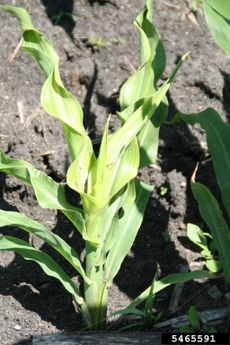
Sweet Corn Downy Mildew Control – Managing Downy Mildew On Sweet Corn
Downy mildew on sweet corn is a fungal infection that can stunt plants and reduce or destroy the harvest. Knowing how to prevent downy mildew in corn and how to control an infection if you see it in your garden is important. This article can help.
By Mary Ellen Ellis
-
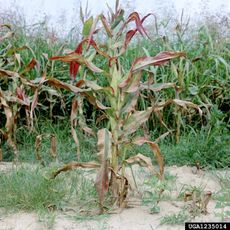
Treating Stunt In Corn – How To Manage Stunted Sweet Corn Plants
Stunted sweet corn often produces multiple small ears with loose, missing kernels. Leaves, especially those near the top, are yellow, gradually turning reddish purple. If your sweet corn shows signs of corn stunt disease, the following information may help.
By Mary H. Dyer
-
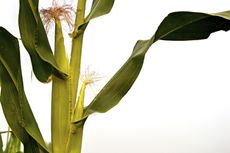
Corn Plant Tillers: Tips On Removing Suckers From Corn
I have noticed some sort of sucker on the corn stalks. After doing a little research, I found that these are referred to as corn plant tillers. What are corn tillers and should you be removing the suckers from corn? Find out in this article.
By Amy Grant
-
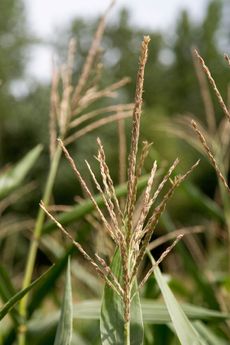
Problems With Corn: Information On Early Corn Tasseling
You've planted your corn and to the best of your ability have provided adequate corn plant care. But why are your corn plant tassels coming out so soon? Find out reasons why corn tassels too soon in this article.
By Susan Patterson
-
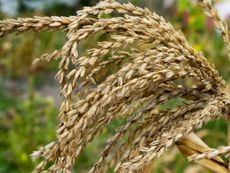
Corn Pollination - How To Hand Pollinate Corn
For the home gardener, manual pollination of corn is almost a necessity. Learning how to hand pollinate corn can increase your yield and help prevent those sterile stalks. Learn more in this article.
By Jackie Rhoades
-

Corn Maze Ideas: Growing A Corn Maze In The Landscape
Intro: Remember getting lost in a corn maze as a child? Growing a corn maze is more than just growing corn. Learn about DIY corn mazes here.
By Amy Grant
-

Corn Husk Uses – What To Do With Corn Husks
There are numerous corn husk uses, from crafts to recipes and more. Wondering what you can do with your discarded corn husks? Find out here.
By Amy Grant
-
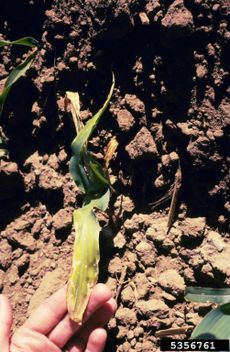
Seed Rot Disease Of Corn: Reasons For Rotting Sweet Corn Seeds
Even with the most vigilant cultural control, Mother Nature doesn?t always play by the rules and may have a hand in fostering seed rot in sweet corn. What causes rotting sweet corn seeds and what can be done to avoid seed rot disease of corn? Find out here.
By Amy Grant
-
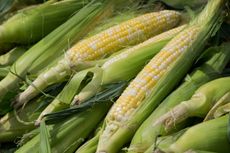
Different Kinds Of Corn – Popular Varieties Of Corn Plants To Grow
Depending upon your zone, there are varieties of corn that ripen at different times of the season, various colors, and even sugar-enhanced types. We'll go over some of the best kinds of corn so you can get cracking on your summer garden planning. Click here for more info.
By Bonnie L. Grant
-
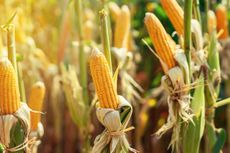
What Is Corn Used For: Learn About Unusual Corn Uses
Corn on the cob is as popular for cookouts as is popcorn at the movies. Are there even more ways to use corn though? What about unusual ways not food related? To learn more about the alternative uses of corn click the following article.
By Teo Spengler
-
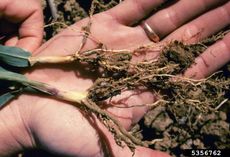
Corn Seedlings With Blight: Causes Of Seedling Blight In Corn
Corn in the home garden is a fun addition, not just for the harvest but also for the tall screen you can get with this cereal plant. Unfortunately, there are a number of diseases that may thward your efforts, including corn seedling blight. Learn more in this article.
By Mary Ellen Ellis
-
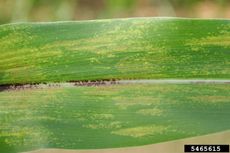
Physoderma Brown Spot Of Corn – Treating Corn With Brown Spot Disease
Physoderma brown spot of corn is a fungal disease that may cause your plant’s leaves to develop yellow to brown lesions. It is favored by warm, wet conditions. Be aware of this disease, especially if you live somewhere warmer with more humidity. Learn more here.
By Mary Ellen Ellis
-
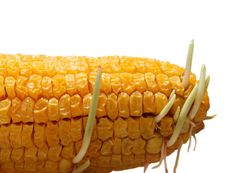
Can You Grow Corn From The Cob?
For a fun experiment, learn how to grow corn from a cob, rather than a packet of seeds.
By Amy Grant
-
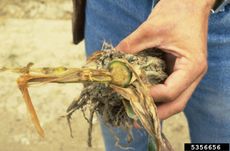
Rotting Corn Stalks: What Causes Sweet Corn Stalks To Rot
Common diseases such as tomato blight or sweet corn stalk rot may often discourage gardeners from trying to grow these plants again. We take these diseases as personal failures but, in truth, even experienced gardeners experience problems. Learn about stalk rot in corn here.
By Darcy Larum
